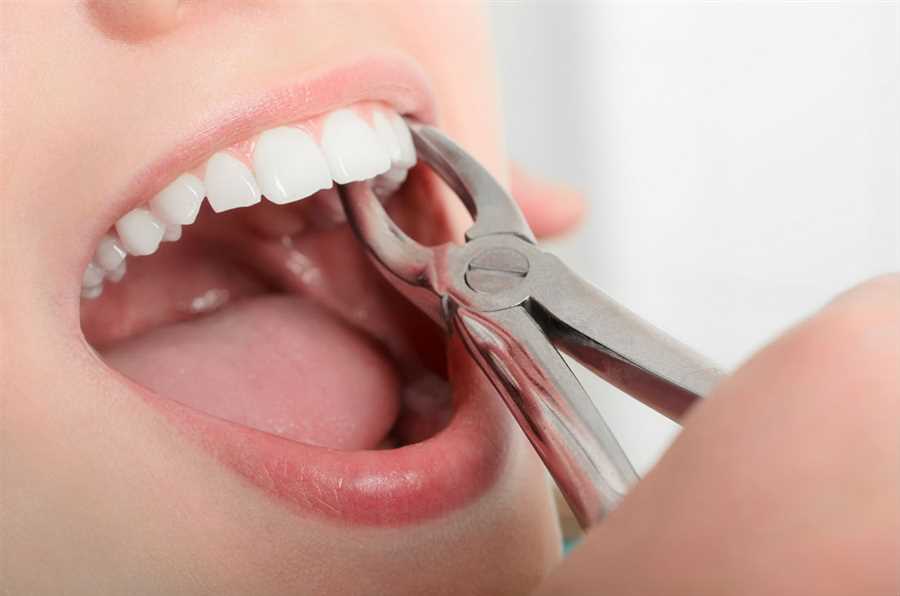
Tooth Extraction
Tooth extraction surgery is a procedure in which a tooth is removed from its socket in the jawbone. Tooth extraction may be necessary for various reasons, including severe decay, advanced gum disease, impacted wisdom teeth, orthodontic treatment, or to make room for dentures or dental implants.
Tooth extraction surgery process:
Before the extraction, the dentist or oral surgeon will conduct a thorough examination, which may include X-rays, to assess the tooth’s condition, position, and surrounding structures.
The dentist will discuss the procedure, potential complications, and post-extraction care with the patient.
To ensure a pain-free experience, the dentist will administer local anesthesia to numb the area around the tooth. In some cases, conscious sedation or general anesthesia may be used, especially for more complex extractions or for patients with dental anxiety.
Once the area is numb, the dentist uses specialized instruments to loosen the tooth within its socket. In some cases, a small incision in the gum tissue may be made to access the tooth.
The dentist then uses forceps to gently remove the tooth from its socket. In certain situations, such as impacted wisdom teeth, a surgical extraction may be necessary. This involves making a small incision in the gum and, if needed, sectioning the tooth for easier removal.
After the tooth is removed, the dentist may clean the extraction site and may also need to remove any remaining debris or infected tissue.
In some cases, the dentist may fill the socket with a blood clot or a specific material to aid in the healing process.
Depending on the complexity of the extraction, the dentist may use dissolvable stitches to close the incision in the gum. Some extractions may not require stitches.
The dentist will provide instructions for post-extraction care, including how to manage pain, swelling, and bleeding.
Patients may be advised to avoid certain activities, such as smoking or drinking through a straw, which can disrupt the healing process.
Patients typically have a follow-up appointment to monitor the healing progress and ensure there are no complications.
Full recovery from a tooth extraction surgery varies depending on factors such as the complexity of the extraction, the patient’s overall health, and adherence to post-operative care instructions.
It’s important for individuals undergoing tooth extraction surgery to follow their dentist’s advice, take prescribed medications as directed, and attend follow-up appointments to ensure proper healing and minimize the risk of complications.
